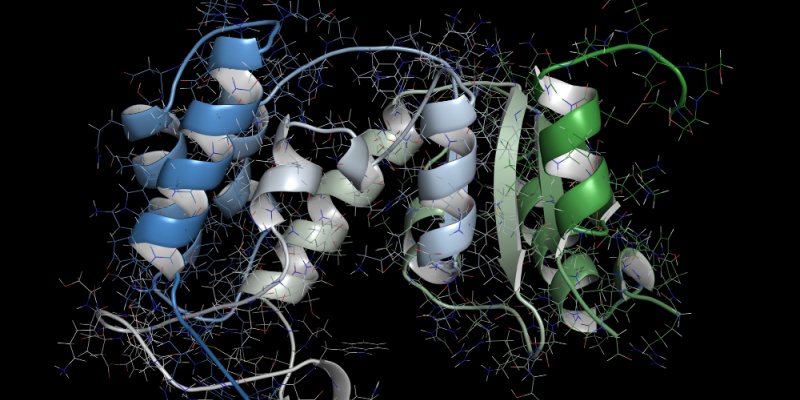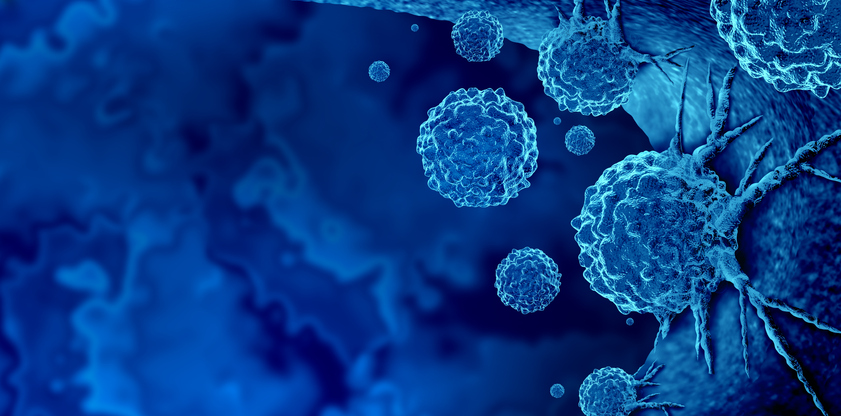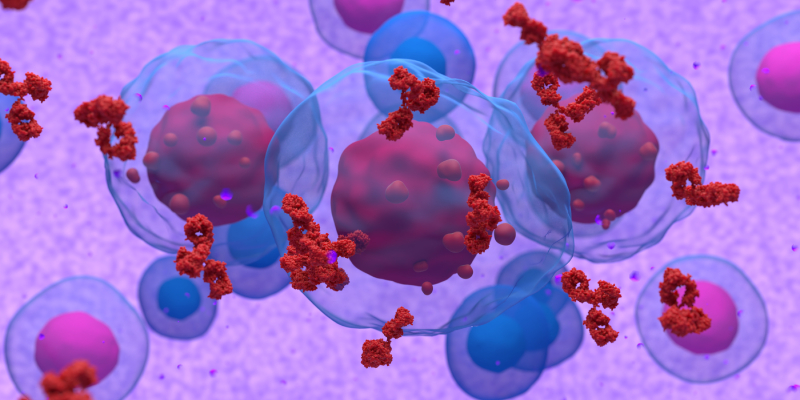
Anti-CD38 monoclonal antibodies, such as daratumumab and isatuximab, are widely used in the treatment of multiple myeloma (MM). However, challenges can arise when patients relapse after anti-CD38 therapy. A study presented the Twelfth Annual Meeting of the Society of Hematologic Oncology assessed the outcomes of 183 patients who relapsed after anti-CD38 treatment and then underwent subsequent therapy in a real-world setting.
The analysis included patients treated between January 2015 and December 2021. Their median age was 68 years, and they had a median of two prior treatment lines. The overall response rate (ORR) to initial anti-CD38 therapy was 55%, with a median progression-free survival (PFS) of 6.4 months. Following relapse, ORR dropped to 43%, with the same median PFS of 6.4 months after anti-CD38 therapy. A key finding was that pomalidomide resistance negatively impacted PFS, reducing it from 7.5 months to 5.2 months. In contrast, patients treated with belantamab mafodotin after relapse showed a median PFS of 9.1 months.
The most significant prognostic factor for PFS after anti-CD38 progression was PFS greater than 12 months during initial anti-CD38 treatment, resulting in a PFS of 11.3 months post-relapse, compared to 5.2 months for those with a shorter initial PFS. Overall survival (OS) after anti-CD38 progression was 17.6 months, with patients who achieved a PFS of 12 months or more during index therapy experiencing an OS of 39 months, compared with just 12 months for those with a shorter initial PFS.
The findings suggest that although relapse following anti-CD38 therapy results in poor outcomes, novel agents such as belantamab mafodotin may improve PFS. Additionally, patients who achieved prolonged remission during initial anti-CD38 therapy may benefit from recycling anti-CD38-based regimens.
Reference
Solia E, Kastritis E, Ntanasis-Stathopoulos I, et al. Management and outcomes of anti-CD38 refractory multiple myeloma: recycling of therapies and impact of PFS on subsequent treatments. Abstract #MM-241. Presented at Twelfth Annual Meeting of the Society of Hematologic Oncology; September 4-7, 2024; Houston, Texas.






 © 2025 Mashup Media, LLC, a Formedics Property. All Rights Reserved.
© 2025 Mashup Media, LLC, a Formedics Property. All Rights Reserved.